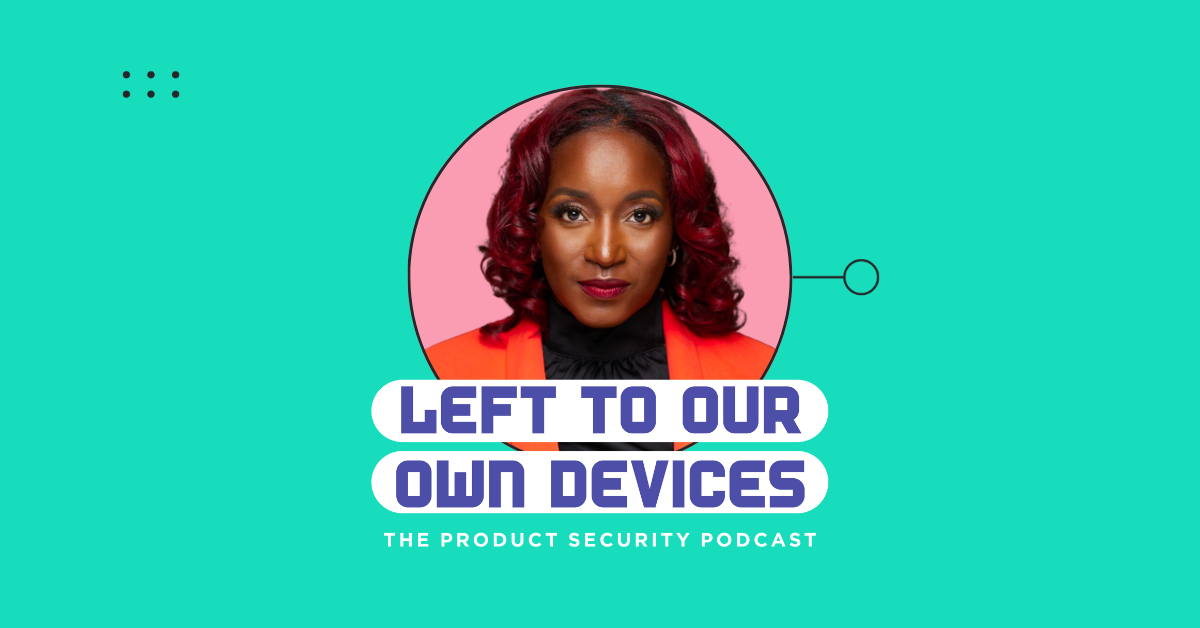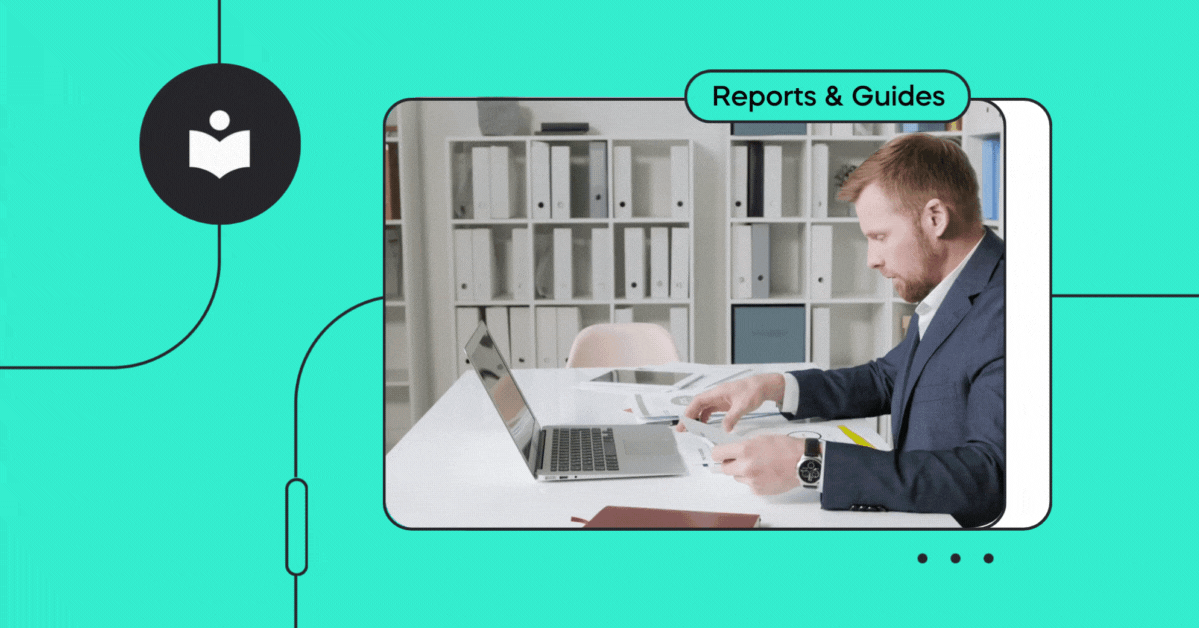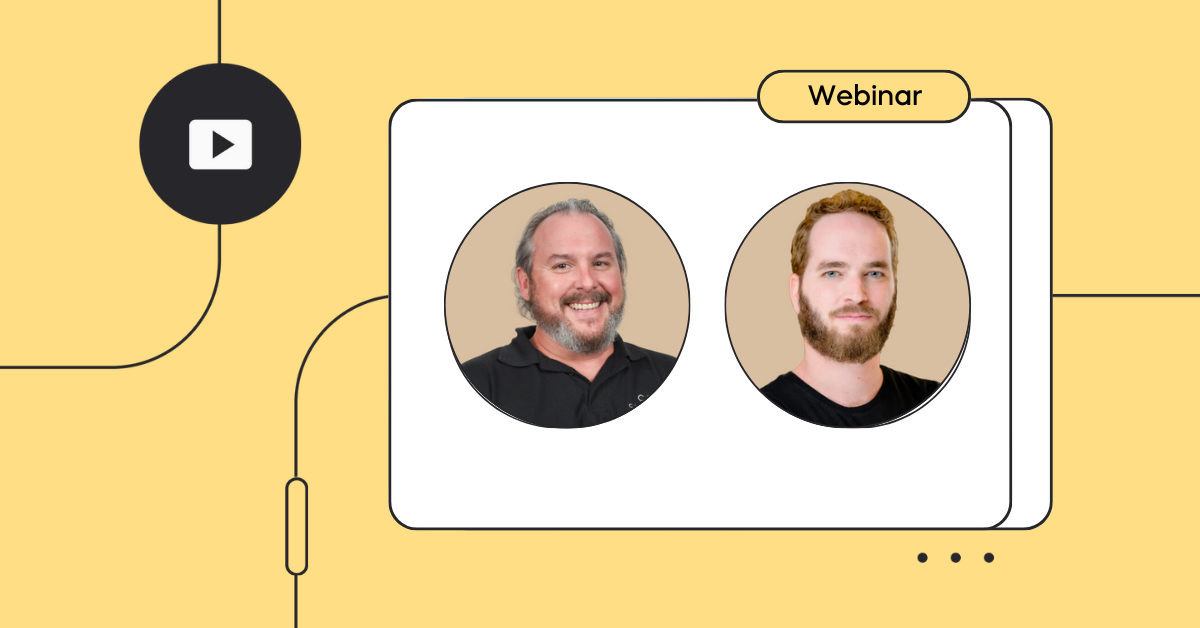Joanna C. Cooper is the General Manager of the Mount Holly Daimler Truck plant in North Carolina where she has experienced first the major shift that automotive has gone through since the 2008 recession. Speaking with the Left to Our Own Devices Podcast, Joanna dove into lessons learned as a woman executive who has experienced Product Management, Procurement, and customer success.
Growing up in Detroit, she viewed manufacturing as something done by the ‘Big Three’– Ford, GM, and Stellantis (formerly Chrysler). With a father who spent 35 years at Chrysler, she was no stranger to the industry but still wasn’t sure if it was for her. However, following multiple ventures that were impacted by the recession, such as finance and real estate, she took an opportunity at Detroit Diesel’s powertrain factory.
Little did she know that the global shift in automotive was happening right on her doorstep. Her first taste was when she started as an Associate Buyer and Purchaser, followed by experiencing Daimler’s diesel efforts to electrification. From ensuring they reach the Environmental Protection Agency’s (EPA) standards to setting policies to meet their internal sustainable transportation goals.
“Our purpose is to support all who keep the world moving, right? Because if Covid told us anything, it was how essential it was to move goods and provide services and overall to achieve the things that we in the transportation industry, especially in trucking, get an opportunity to do.” said Cooper. “Also, it is our goal to keep the world moving from a sustainable perspective. To achieve this, we are striving to lead this change to sustainable transportation, which will have a significant impact on society and the world that we live in.”
Beyond sustainability, the whole-hearted acceptance of technology has injected the automotive industry with an excitement that is palpable across the globe. But along with these efforts, automotive cybersecurity has become a priority for OEMs that take it upon themselves to keep vehicles operating safely and as intended. Joanna reflects that despite the extra quality assurance efforts that go along with rolling out software-defined vehicles, “To see the launch of the eCascadia, and more recently the eM2 reveal at the ACT expo, both of which were trucks being worked on at the Mount Holly facility is exciting to see!”
However this level of autonomy comes with many challenges. During pre-deployment and even post-manufacturing, software supply chains and internal teams must take an active role in educating and conducting proper cybersecurity hygiene. When asked about Daimler Truck’s view of the issue, Joanna responded “We have pulse checks. We do regular checks of our own systems, but being in the automotive space, it’s the end to end that is a challenge. Daimler is the one that absorbs the impact of an attack but it could be a vendor, as part of our supplier base, that has been impacted or even further along the tier twos, tier threes and tier fours because everyone is at a different stage in their journey when it comes to cybersecurity and the protecting the hardware.”
With regards to the rise in ransomware attacks throughout the sector, Cooper continued “In addition, there’s so many people out here that are just holding information hostage. It’s a really important topic for us to secure our operations on a regular basis because if we can’t do that, then we can’t provide the service and the benefit to our customer.” This includes creating a culture of security that educates employees on phishing, suspicious links, and scam trends.
Celebrating 15 years at Daimler Truck, Joanna has gone from procurement to GM in a relatively short period of time. “I always tell people, no one sees the work that you do in the closet and they don’t see the things that you invest the time in. The thought process behind trying to navigate the path forward to get to a certain space, and then even with that, you can’t control when the opportunities come. The only thing that you can do is prepare yourself as much as possible so that when those opportunities come, you have an opportunity to say yes.”
To continue her professional growth and elevate other women along her journey, she joined the organization Women in Manufacturing, originally named Women in Metal Forming, to create a community and forum to raise awareness around what women in this profession need to continue their successful trajectory. Over the last decade, WIM has grown to be the only national and global trade association dedicated to providing year-round support to women who have chosen a career in the manufacturing sector.
“We are looking to bring more women into not only leadership roles, but also manufacturing in the skilled trade space,” said Cooper. “For a woman who is also trying to support a family, skilled trades is a good avenue to consider. One, because that skill can be used both inside and outside of an organization, but it can also be lucrative when it comes to the salary potential that can be reached.” Speaking to the success of the organization, “Our retention is over 90%, so I think we are doing a good job of providing services and opportunities and information.”
Whether in manufacturing or another sector, women who enter male dominated fields should focus on saying “yes” to whatever comes next. Women have unique, under-represented vantage points that can offer a unique perspective to the automotive, cybersecurity, and other industries. Beyond saying “yes” to new opportunities that seem intimidating, Cooper suggests two things women can do to break into male-dominated fields.
The first is communication. Joanna recommends picking up a hobby where you can meet others, take on hard projects, expressing your interests and not waiting for someone to come around for a promotion.
The second is to travel. Whether for leisure or relocation, “Moving is a physical thing that you can do that completely thrusts the whole of your being into discomfort– and it always feels uncomfortable. You’ll never really get used to it. However, you become more and more apt to dealing with it, and it does translate over to both your personal and your professional life. I believe that.”
Finally, she shares some wisdom in the sense that “growth is always going to require an additional level of capacity that we didn’t have before. So, it’s always going to be painful and I think that there’s a belief that once you pass this milestone, then it’ll be easy. It’ll never be easy as long as you’re continuing to try and expand your capacity.” Explaining how pushing through the temporary pains of growth allows for new achievements along the way.




